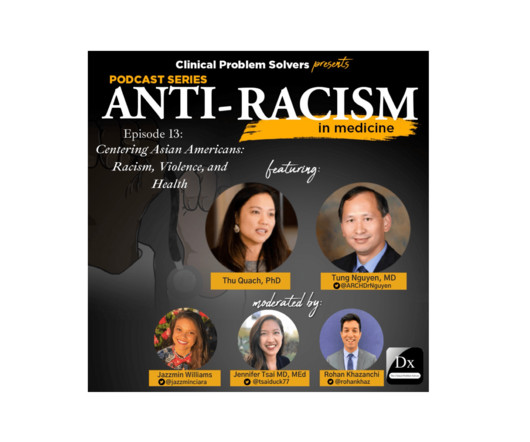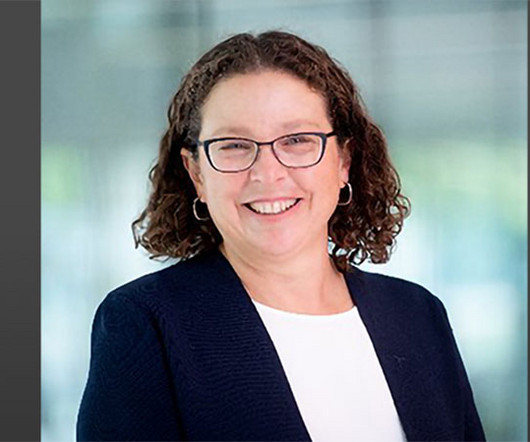Health and Safety During LGBTQ+ Pride Month
Center for Family Medicine (CFM)
JUNE 1, 2025
This is a time when lesbian, gay, bisexual, transgender, and queer people and allies alike unite to support each other, strengthen the community, and celebrate themselves and others with parades and joyous events. It’s important to be aware of the unique health risks in the LGBTQ+ community.














Let's personalize your content